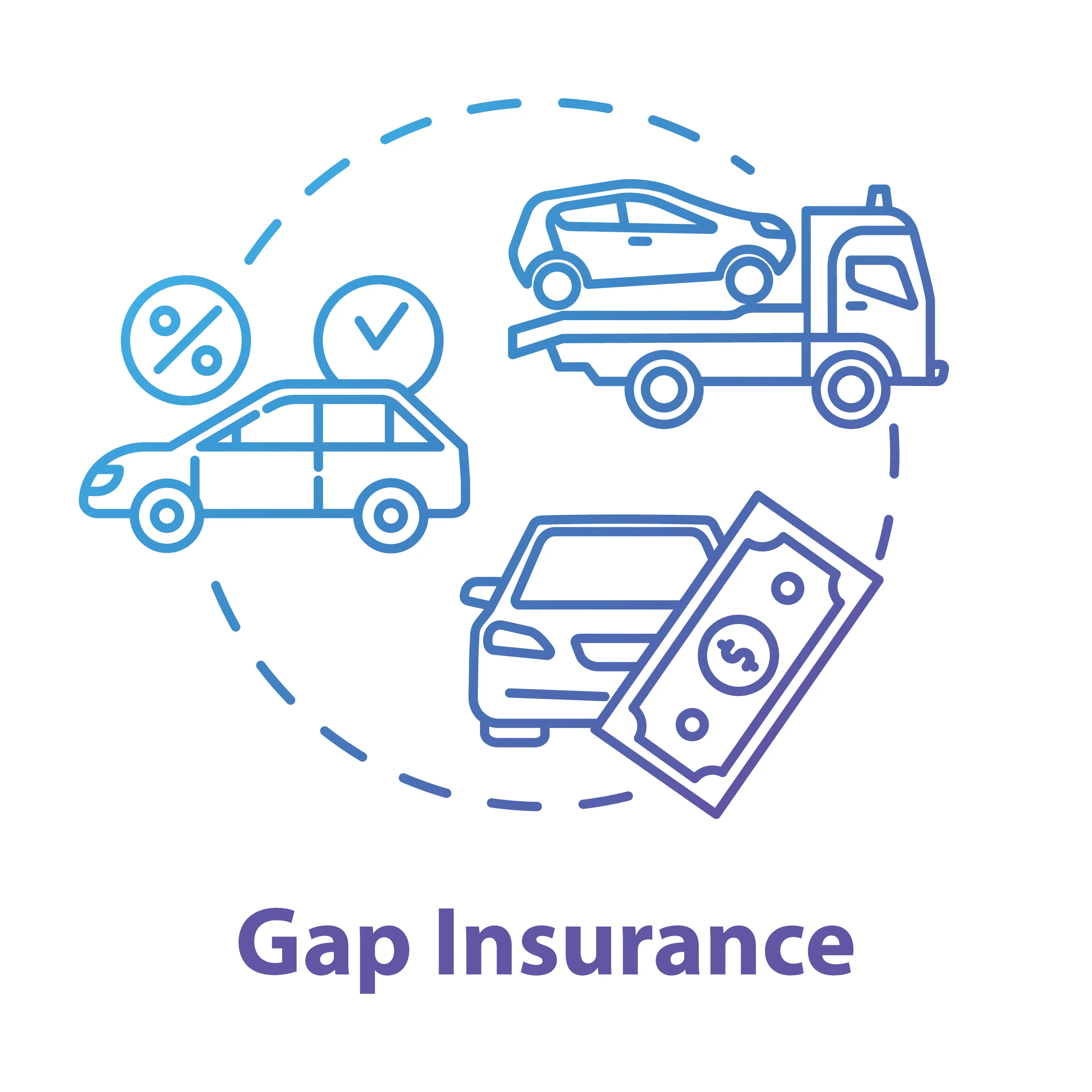
Understanding Ransomware
Don't become a ransomware victim! Know how to prevent an infection and be prepared to recover your data if you do get hit. Here are some of the most common questions surrounding ransomware.
What Does Ransomware Do?
When a device is infected with ransomware, some type of digital lock or encryption is applied, effectively preventing you from accessing your files or your device. If you are infected, you will receive a ransom message from the attacker asking for payment which, allegedly, will grant you access to the digital key needed to unlock your files and/or system.
How Much Are Ransoms?
In the early days of ransomware, payment demands trended relatively low. But as the malware has evolved, average ransoms have escalated sharply. When an attack is widespread, threatening an organization's ability to operate or serve its customers, attackers can be very aggressive. There have been numerous published accounts of multi-million dollar ransoms. Ransomware costs organizations billions of dollars every year, though the true cost is difficult to determine because many incidents go unreported.
How Are Ransoms Collected?
Attackers generally require ransoms to be paid in Bitcoin or another “untraceable” electronic format. These “cryptocurrencies” are fully digital. They are created and held electronically, have no physical form, and are not controlled by any banking entity. In addition, cryptocurrencies are volatile; their monetary value changes frequently, which means the value of a ransom demand (or payment) can fluctuate over time
Ransomware Prevention and Protection
To Pay or Not to Pay?
Security experts and law enforcement officials — including the FBI — advise against paying a ransom as paying only encourages these types of attacks. However, if an organization or individual has not backed up files to a secure location, paying the ransom might be regarded as the only option for recovering data. Though some services claim they can recover files without the decryption key, it can be next to impossible to reverse an infection.
Will Paying a Ransom Restore Access to Data and Devices?
Sometimes. But there have been known instances in which the attackers never delivered the decryption key following payment. In addition, there have been cases of ransomware with critical programming flaws that rendered data unrecoverable, even with the key. In other cases, an organization has paid the ransom only to be hit with a second, larger payment request.
Can't I Just Put Everything in the Cloud?
It may seem logical that storing important files in the cloud would protect you from ransomware and make restoring data easy in the event of an infection. But not so fast. Your computers and mobile devices connect to the cloud services you use. And some types of ransomware are specifically designed to seek out and infect cloud files. If a backup repository — like an external hard drive or cloud storage — is connected to a computer or mobile device at the time of an infection, it could also be compromised. To truly preserve files and data, create an offline backup.
What Does Ransomware Do?
When a device is infected with ransomware, some type of digital lock or encryption is applied, effectively preventing you from accessing your files or your device. If you are infected, you will receive a ransom message from the attacker asking for payment which, allegedly, will grant you access to the digital key needed to unlock your files and/or system.
How Much Are Ransoms?
In the early days of ransomware, payment demands trended relatively low. But as the malware has evolved, average ransoms have escalated sharply. When an attack is widespread, threatening an organization's ability to operate or serve its customers, attackers can be very aggressive. There have been numerous published accounts of multi-million dollar ransoms. Ransomware costs organizations billions of dollars every year, though the true cost is difficult to determine because many incidents go unreported.
How Are Ransoms Collected?
Attackers generally require ransoms to be paid in Bitcoin or another “untraceable” electronic format. These “cryptocurrencies” are fully digital. They are created and held electronically, have no physical form, and are not controlled by any banking entity. In addition, cryptocurrencies are volatile; their monetary value changes frequently, which means the value of a ransom demand (or payment) can fluctuate over time
Ransomware Prevention and Protection
To Pay or Not to Pay?
Security experts and law enforcement officials — including the FBI — advise against paying a ransom as paying only encourages these types of attacks. However, if an organization or individual has not backed up files to a secure location, paying the ransom might be regarded as the only option for recovering data. Though some services claim they can recover files without the decryption key, it can be next to impossible to reverse an infection.
Will Paying a Ransom Restore Access to Data and Devices?
Sometimes. But there have been known instances in which the attackers never delivered the decryption key following payment. In addition, there have been cases of ransomware with critical programming flaws that rendered data unrecoverable, even with the key. In other cases, an organization has paid the ransom only to be hit with a second, larger payment request.
Can't I Just Put Everything in the Cloud?
It may seem logical that storing important files in the cloud would protect you from ransomware and make restoring data easy in the event of an infection. But not so fast. Your computers and mobile devices connect to the cloud services you use. And some types of ransomware are specifically designed to seek out and infect cloud files. If a backup repository — like an external hard drive or cloud storage — is connected to a computer or mobile device at the time of an infection, it could also be compromised. To truly preserve files and data, create an offline backup.



